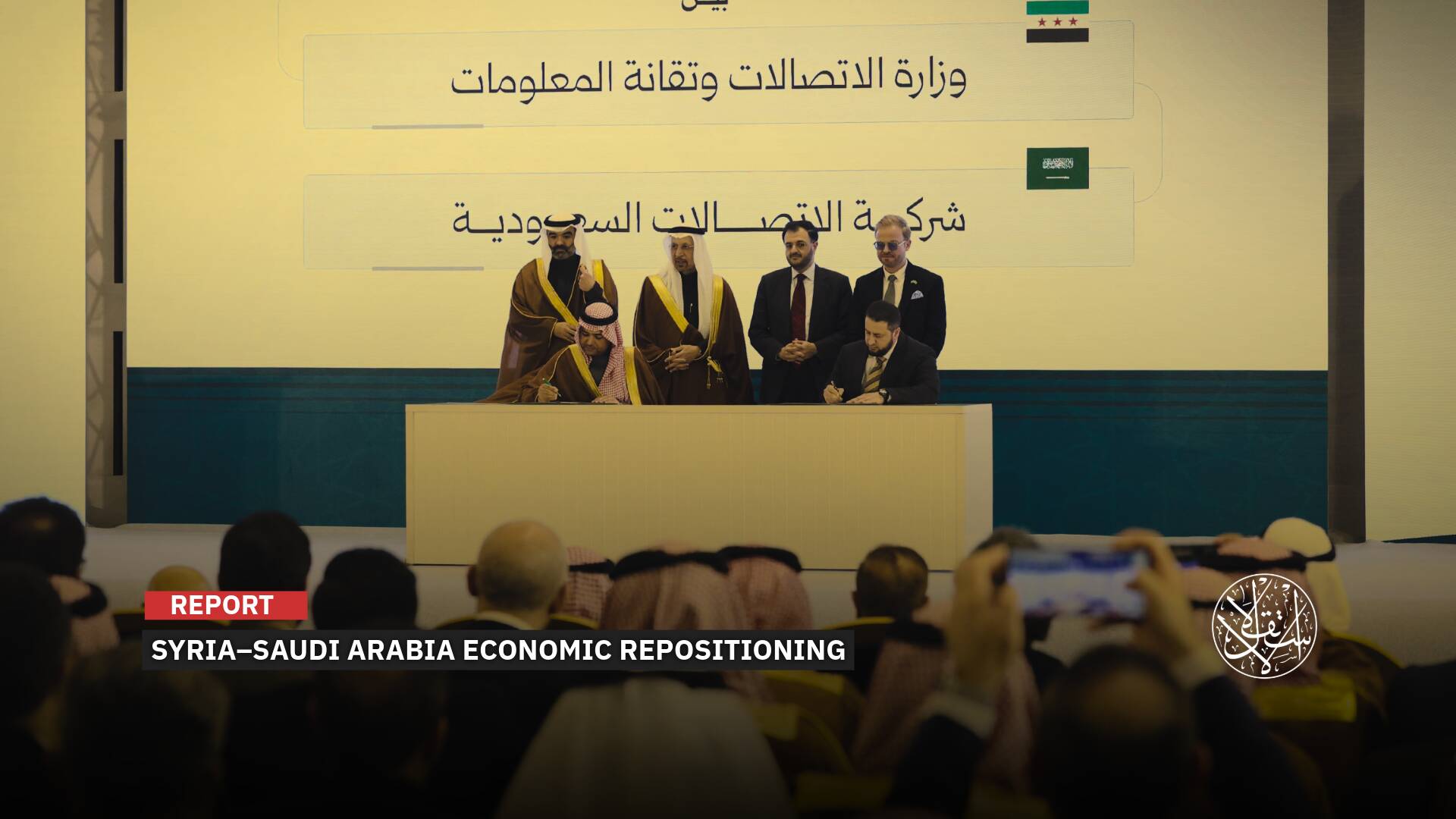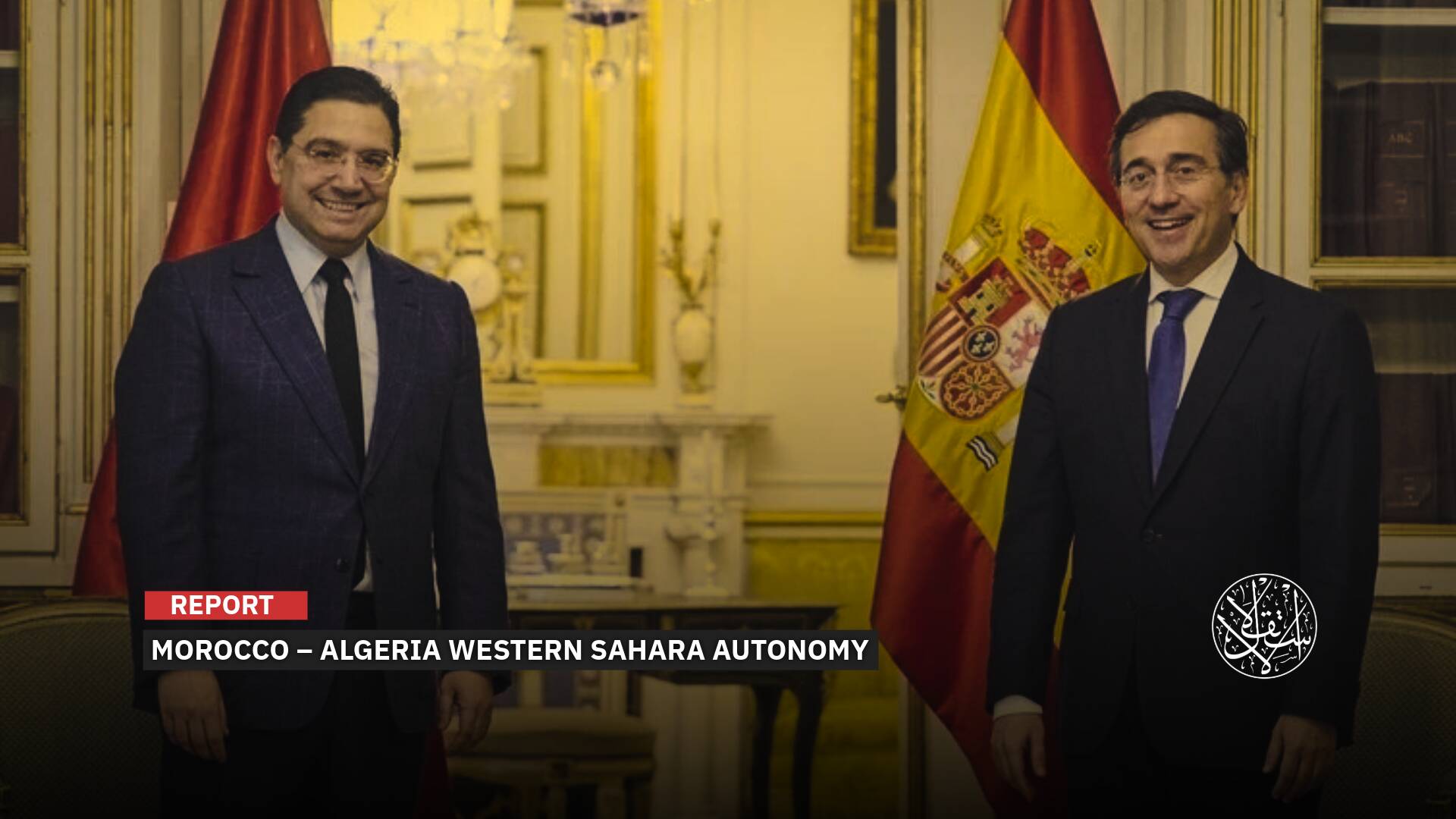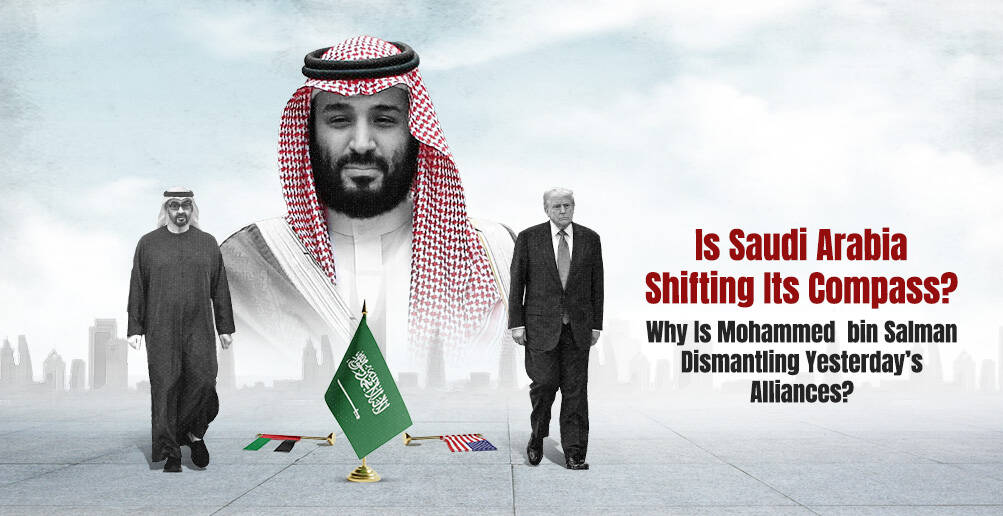This Is How the Vilnius Summit Tests the Unity of the Western Military Alliance

The NATO 2023 summit in Lithuania, near the Belarusian border, is witnessing major files, most notably Sweden’s bid to join NATO and an initiative that may be launched regarding Ukraine’s membership in the alliance, in addition to the fact that military spending by members of the alliance is still lagging behind long-term goals.
The summit, which will be held on July 11–12, 2023, comes at a critical time for NATO and European security, with the war in Ukraine entering a new turn, amid Kyiv’s counterattack and in the aftermath of the Wagner Group’s rebellion.
It is noteworthy that the inability to reach a compromise on who should be the next Secretary-General of the Alliance forced the Western military alliance to extend the mandate of the current Secretary-General for an additional year.
The summit also comes a year after the historic Madrid summit, when NATO allies agreed on a new strategic concept, which described Russia as a direct threat and developed a new forward defense strategy to deter Moscow.
In this context, a report by The Independent newspaper dealt with the most prominent controversial issues and the position of the members of the Western military alliance on each of these issues, and the possibilities of the leaders of the member states being able to reach common ground on them.
Ukraine War
As Russia’s assault on Ukraine continues, opening the door for Kyiv to join the Western military alliance presents a major test for NATO’s unity, which is often celebrated but faces new pressures when the leaders gather for their annual summit today and tomorrow in Vilnius, Lithuania’s capital.
The circles are looking forward to alternatives to the question of Kyiv’s membership in the alliance, especially after Bloomberg reported that President Volodymyr Zelensky will go to participate in the summit after he announced earlier that he would not go.
Perhaps more difficult are questions about how Ukraine’s accession to the alliance should be facilitated. Some insist that bringing Ukraine into the alliance would be fulfillment of a covenant made years ago and a necessary step to deter what the West describes as Russian aggression threatening Eastern Europe.
However, there are others, headed by US President Joe Biden, who believe that opening the door for Ukraine to quickly join the Western military alliance will be seen as a provocation that could turn into a broader and direct conflict with Moscow.
Zelensky has previously stated that inviting Ukraine to join the alliance will send a message that the alliance does not fear Moscow.
He added, in an interview broadcast on July 9, that Ukraine should get clear security guarantees in the absence of joining the alliance and that this would be one of his goals in Vilnius.
On his part, Kremlin spokesman Dmitry Peskov said Ukraine’s membership in NATO would have very negative repercussions on the entire security structure in Europe, adding that this would also pose an absolute danger that would require a serious response.

According to The New York Times, NATO has historically refused to join countries in the throes of active invasion or occupation because that would immediately embroil the alliance in hostilities, given the alliance’s principle that an attack on one is an attack on all.
In 2008, NATO opposed inviting Ukraine and Georgia to join its membership and contented itself with declaring an open-door policy.
Some believe that this decision is what prompted Russia to launch a war in Georgia 4 months after that date, then annex Crimea in 2014, then launch a large-scale military operation in February 2022, which turned into the largest war in Europe since World War II.
The United States and Germany insist that the focus should be on providing arms and ammunition to help Ukraine win the current conflict, rather than taking the more provocative step of offering a formal invitation to join NATO.
But the countries in NATO’s eastern flank—Estonia, Latvia, Lithuania, and Poland—want stronger guarantees about Ukraine’s future membership.
In this regard, a small group of Western allies are in negotiations to finalize a declaration of security guarantees for Ukraine during the summit, according to Politico magazine.
The magazine said, in a report published on July 9, that the United States, the United Kingdom, France, and Germany have been discussing this issue with Kyiv for weeks, and have also communicated with other allies in NATO, the European Union, and the Group of Seven (G7).
The magazine explained that the idea under discussion is to create an umbrella for all countries wishing to provide Ukraine with military assistance on an ongoing basis, with different details from one country to another.
It added that the effort is part of a broader negotiation taking place within NATO and among several groups of countries on how the Western allies can demonstrate their long-standing support for Ukraine.

Credits: Mark Harris illustration for Foreign Policy
Sweden’s Bid
In a related context, there is Sweden’s request to formally join NATO, as Turkish President Recep Tayyip Erdogan has opposed Sweden’s attempts to join the Western military alliance over the past period.
The Turkish president accused Sweden of being too lenient with the anti-Islam demonstrations and the Kurdish armed groups that have been waging a decades-old insurgency in Turkiye.
Sweden recently changed its anti-terror laws and lifted an arms embargo on Turkiye.
There is also the issue of Turkiye buying F-16 fighter jets from the United States. Erdogan wants to upgrade the fighter jets, but Biden says Sweden’s NATO membership must be addressed first.
Earlier, Erdogan stipulated his country’s approval of Sweden’s membership in NATO in return for paving the way for Ankara to its membership in the European Union, stressing that the Turkish parliament will have the last word on Stockholm’s accession to the alliance.
But Turkiye is not the only member objecting to Sweden’s accession, as there is also Hungary.
Hungarian Prime Minister Viktor Orban is also blocking his country’s approval of Sweden’s membership, and in response, Senator James Risch, the top Republican on the US Senate Foreign Relations Committee, is blocking a $735 million arms deal to Hungary.
“We don’t want members who aren’t interested in doing everything possible to strengthen the alliance,” Risch said.

Military Spending
According to estimates, the Ukrainian conflict has revitalized NATO, which was established at the beginning of the Cold War in the face of the eastern camp led by the collapsed Soviet Union; as allied members lavished military hardware on Ukraine to aid its ongoing counteroffensive, and Finland ended its historic neutrality to become NATO’s 31st member.
“I think it’s appropriate to look at all the success,” Senate Minority Leader Mitch McConnell, a Kentucky Republican, said in an interview with The Associated Press. “So I think the invasion has strengthened NATO, exactly the opposite of what Putin anticipated.”
He noted Germany’s shift toward a more robust defense policy, as well as other countries’ increase in military spending.
After Russia annexed Crimea in 2014, NATO member states pledged to move toward the goal of having 2% of their gross domestic product by 2024.
According to NATO figures, 11 of the 31 member states are supposed to reach or exceed this threshold this year. Jens Stoltenberg is confident that this number will increase significantly next year.
The Allies renegotiated this commitment to increase it. The 2 percent threshold will become a minimum from now on, but many issues still need to be decided, especially the timetable, as some countries consider that they need many years before achieving this.
At the end of 2022, European countries and Canada have invested more than $350 billion since NATO leaders agreed to the Defense Investment Pledge in 2014.

In another context, at least one potentially controversial item was removed from the summit’s agenda.
Instead of seeking agreement on a new Secretary General for NATO, the members agreed to extend Jens Stoltenberg’s term for another year.
Stoltenberg has held the position since 2014, and this is the fourth time his term has been extended.
Most of the members wanted to choose a woman to succeed him, and the Danish prime minister, Mette Frederiksen, was considered the front-runner.
But Poland insists that a candidate from the Baltics should be the next general secretary because two people from the Nordic countries have been appointed to the post in succession—Stoltenberg was Prime Minister of Norway, and his predecessor, Rasmussen, was Prime Minister of Denmark.










